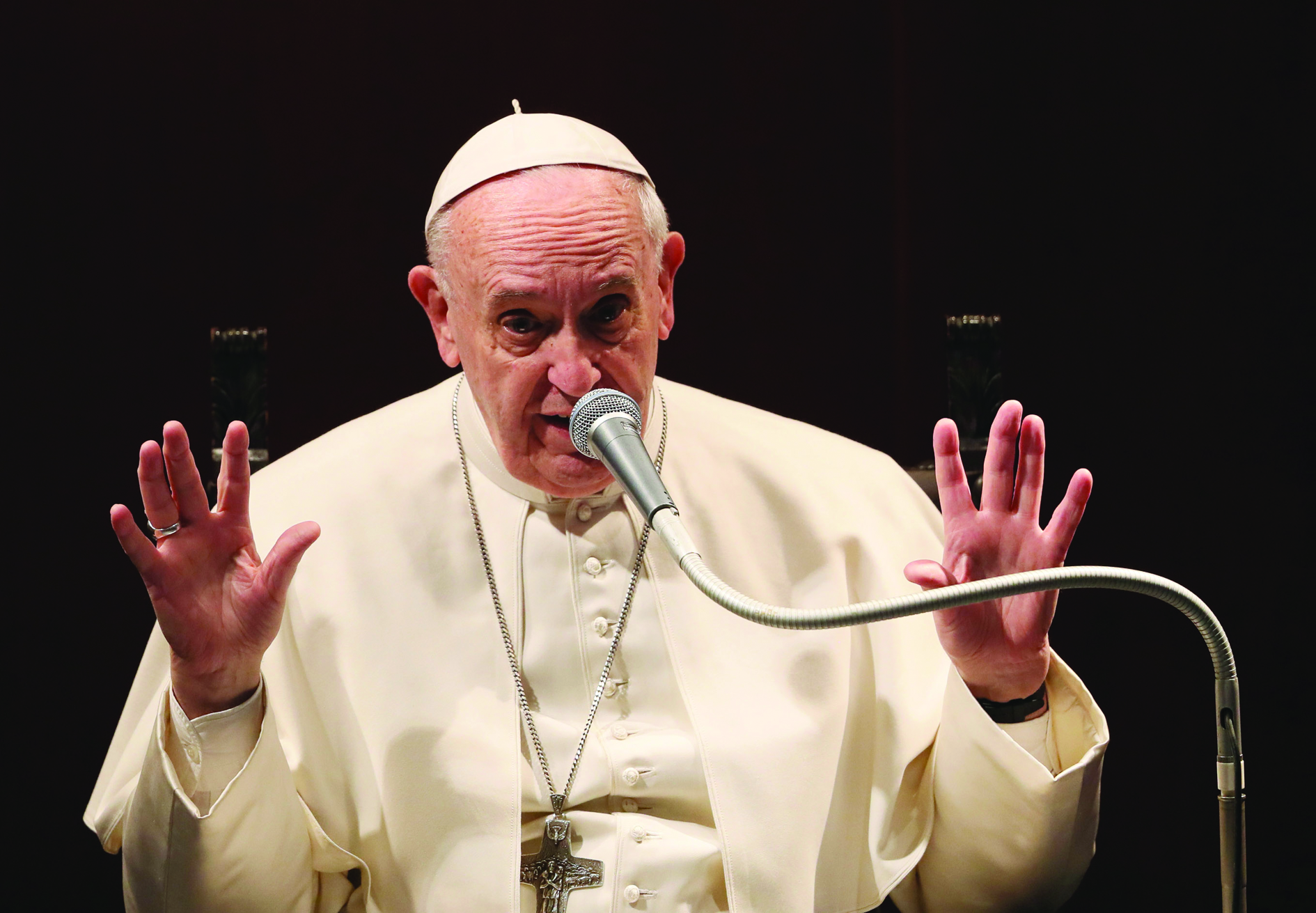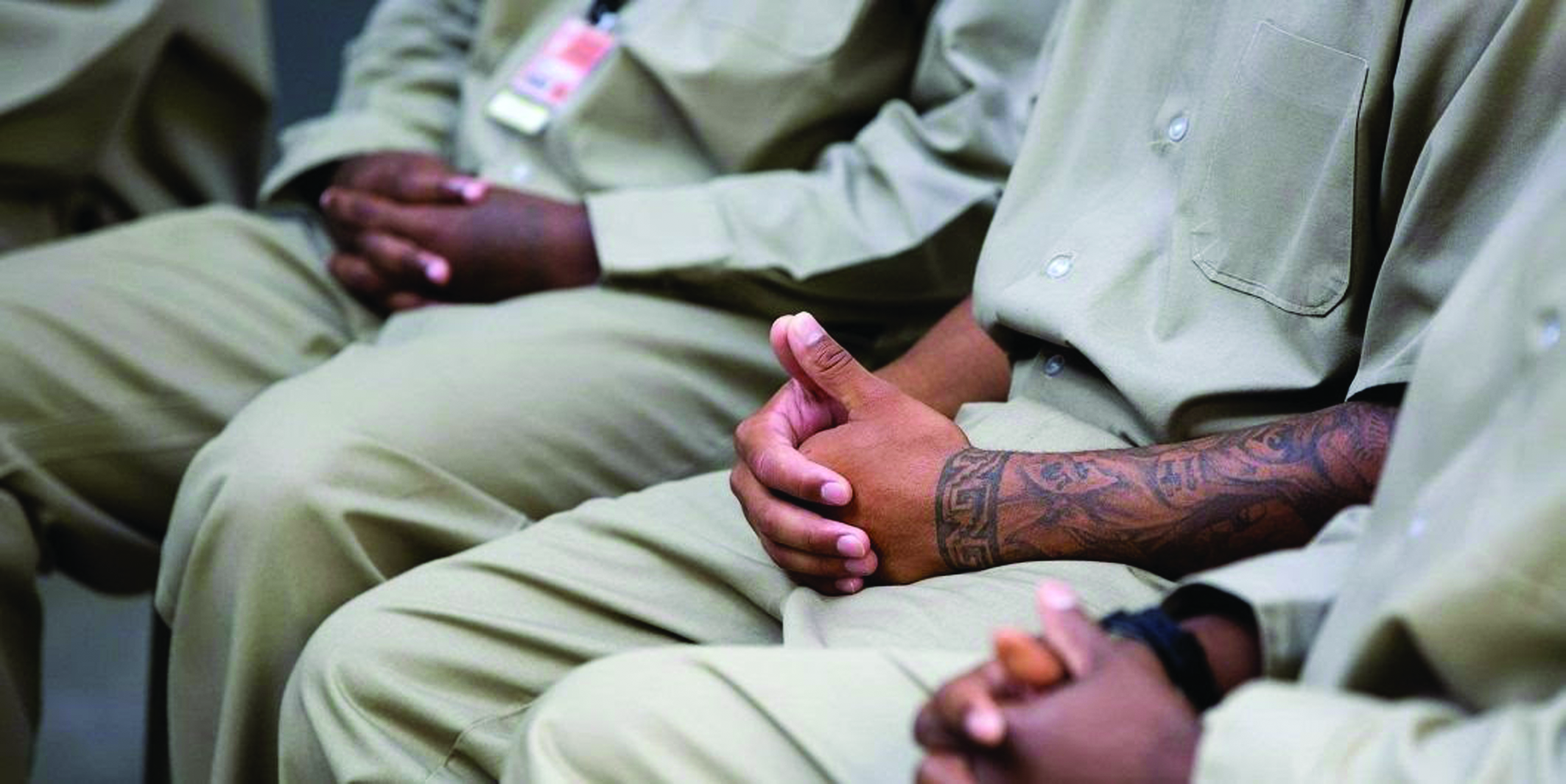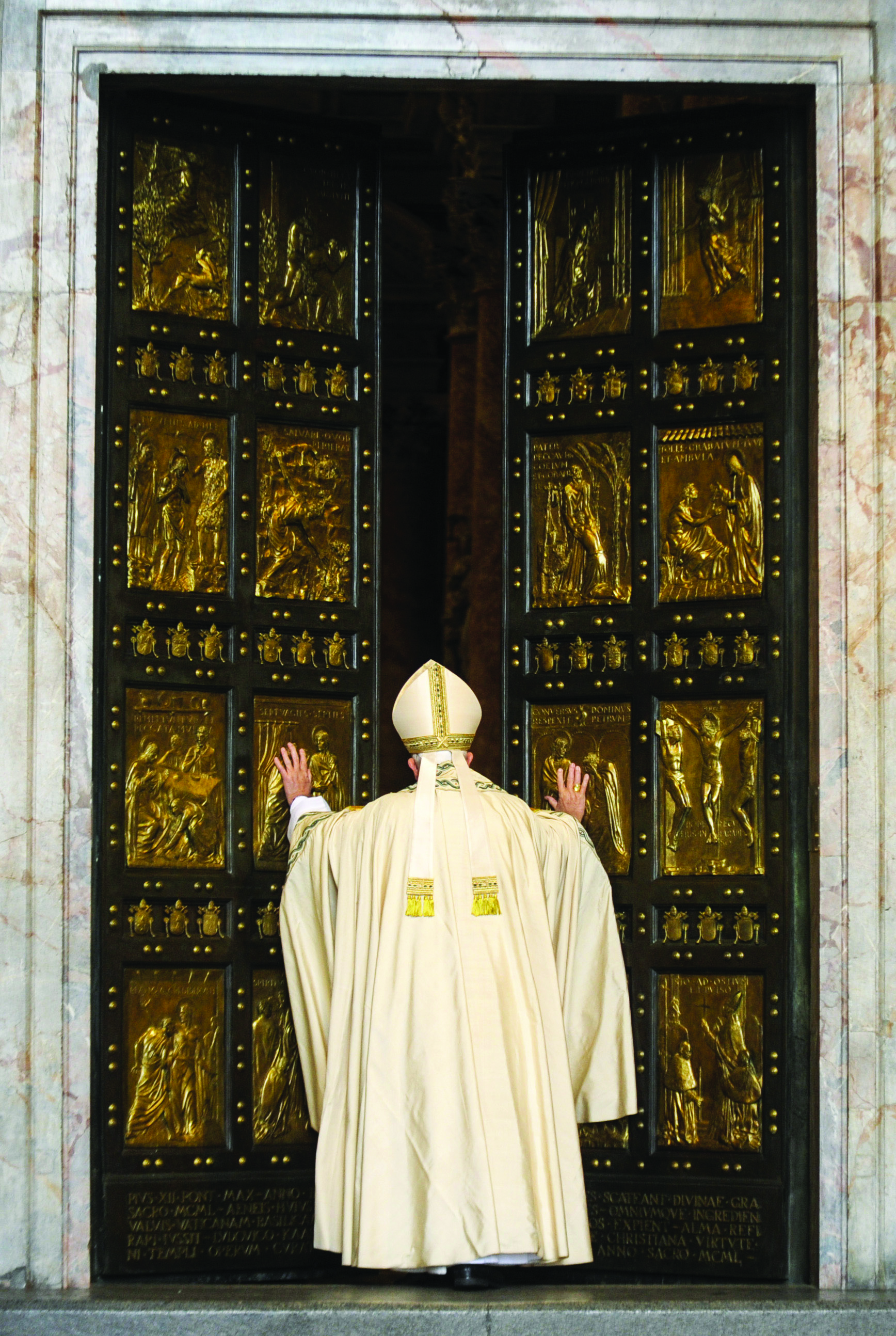“Our Parochial School System is in Decline”
By Patrick J. Reilly

The last time a Pontiff visited America, he urged Catholic school and college educators to confront the “contemporary crisis of truth” that is “rooted in a crisis of faith.”
Speaking at The Catholic University of America in Washington, D.C., Pope Benedict invited a renewal of fidelity, rededication to truth and recommitment to the moral and religious formation of students — and he rejected Americans’ radical version of “academic freedom” which disregards truth and the common good.
Seven years later, Pope Francis will visit these same shores, surely aware of their great heritage of Catholic education. Like his predecessor, Pope Francis will find Catholic education in crisis: not only a crisis of truth and faith, but also a fight for survival. Catholic schools and colleges face serious financial struggles, a culture that has embraced secularism, and dreadful challenges to their religious freedom.
Even so, the Holy Father might also find much hope in American Catholic education. I say “might,” because it depends on where he looks for it, and who is guiding his sight. Just as Pope Francis is adept at finding Christ among the poor and forgotten, he will find that the education renewal sought by Pope Benedict has taken hold in very exciting ways — but not always in the most obvious places.
He won’t find it at many of America’s most prominent Catholic universities, including those held by his fellow Jesuits. Their embrace of secular values and disdain for Catholic orthodoxy have contributed substantially to the corruption of American society, including Catholic laity.
And our treasured parochial school system is in decline. In the last 50 years, the number of Catholics in the United States increased nearly two-thirds to 80 million, but the number of students in Catholic schools declined by more than 60 percent. Enrollment in urban areas has declined by nearly a third in just the last decade.
In San Francisco, Pope Francis can find evidence of another sort of decline. More than 80 percent of the Archdiocese’s high school teachers have protested sensible proposals by Archbishop Salvatore Cordileone that require them to behave morally, so as not to scandalize their students. The problem is with American laity: many adult Catholics — including teachers — are poorly catechized and reject certain moral teachings of the Church.

Students from Christendom College in Front Royal, Virginia, carry the March for Life banner in front of the U.S. Supreme Court in Washington January 22, 2009. It was the 36th annual March for Life (CNS photo/Bob Rollers)
So where’s the great hope? It’s found in the growing attention of many Catholic educators to their mission, aligned with the Church’s task of evangelization. Bishops are implementing stronger teacher standards and Catholic identity standards, even in the larger diocesan systems.
But some of the most exciting fruits of Catholic education are coming from nontraditional services like independent Catholic schools and Catholic homeschooling programs. While financial pressures are promoting greater centralization of parochial school systems, the freedom that independent schools and homeschoolers share allows innovation, new curriculum and textbook development, and discovery of new methods of teaching (such as using new technology). Their graduates are highly likely to attend faithful Catholic colleges, explore vocations to the priesthood and religious life, and participate actively in the Church.
In Catholic higher education, about 10 percent of America’s colleges are now recognized by The Cardinal Newman Society as having a very strong Catholic identity. Faithful Catholic families are becoming equally familiar with Ave Maria University, Christendom College and Franciscan University of Steubenville as they are with Notre Dame or Georgetown University.
The threats to religious freedom in America have had the positive effect of spurring along efforts to strengthen Catholic identity, lest the religious objections of Catholic schools be ignored by the courts. Catholic institutions are being forced to weigh the moral implications of compliance with same-sex marriage or health insurance mandates that require coverage of abortion and sterilization, and these issues are discussed in the classroom.
Pope Francis, then, will find that Catholic education in America, though suffering, is in many ways being strengthened. It’s essential that American Catholics focus on forming the next generations to love God and reclaim our culture.
In this way, Catholic education is an appropriate response to all of the subjects that Pope Francis is likely to address during his apostolic visit — by bringing the Holy Father’s teaching and the Catholic faith and truth to young Catholics who are in great need of it.






Facebook Comments